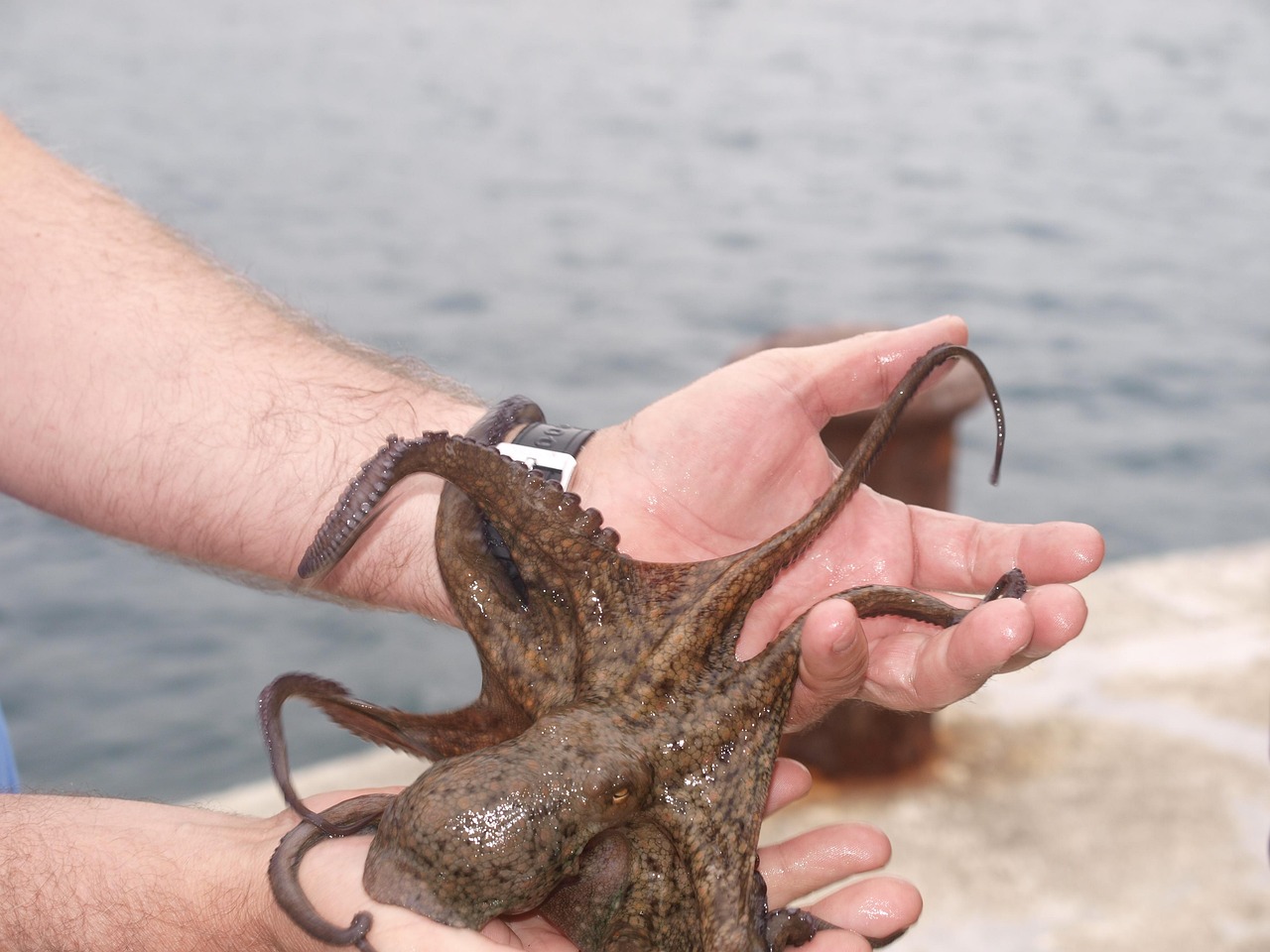The Intriguing World of Octopuses: Intelligent and Fascinating Marine Life
Octopuses are some of the most fascinating creatures in the marine world. Their intelligence, unique physiology, and ability to camouflage themselves have intrigued researchers and nature enthusiasts for years. This article delves into the intriguing world of octopuses, looking at their evolution, behavior, and the latest research surrounding these captivating creatures.

The Evolution of Octopuses: A Journey Through Time
Octopuses belong to a group of marine animals known as cephalopods, which also includes squids and cuttlefish. These species are known for their high intelligence and sophisticated behaviors. Fossil records suggest that the first cephalopods appeared around 500 million years ago, during the Cambrian period. Over the centuries, octopuses have evolved to adapt to various marine environments, from shallow coastal waters to deep sea trenches.
The Intelligence of Octopuses: Nature’s Marvel
Octopuses are renowned for their cognitive abilities. They are capable of problem-solving, learning from experience, and even using tools. Recent studies have shown that octopuses can recognize human faces, escape from enclosed spaces, and exhibit play behavior, all of which are signs of advanced cognitive functions. Moreover, octopuses are known for their impressive camouflage skills. They can change the color and texture of their skin to blend in with their surroundings, a strategy they use to evade predators and ambush prey.
Contemporary Research: Unraveling the Secrets of the Octopus
The unique abilities of octopuses have sparked a great deal of scientific interest. Current research is focused on understanding their complex nervous system, which is unusually large for invertebrates and spread throughout their bodies. Furthermore, research is being conducted to understand the octopus’s genome. The findings could potentially provide insights into the evolution of intelligence and complex behaviors in the animal kingdom.
The Role of Octopuses in Marine Ecosystems
Octopuses play a crucial role in maintaining the health of marine ecosystems. As predators, they control populations of crustaceans and fish, contributing to a balanced ecosystem. Additionally, their remains provide vital nutrients for deep-sea creatures. However, like many marine species, octopuses face threats from pollution, habitat destruction, and overfishing. Conservation efforts are crucial to ensuring the survival of these remarkable creatures.
Final Thoughts: The Continuing Fascination with Octopuses
The octopus continues to captivate researchers, pet owners, and marine enthusiasts alike. Their unique combination of intelligence, adaptability, and complex behaviors sets them apart in the animal kingdom. As research progresses, we can look forward to gaining a deeper understanding of these fascinating creatures and the lessons they can teach us about evolution, intelligence, and the richness of marine life.




